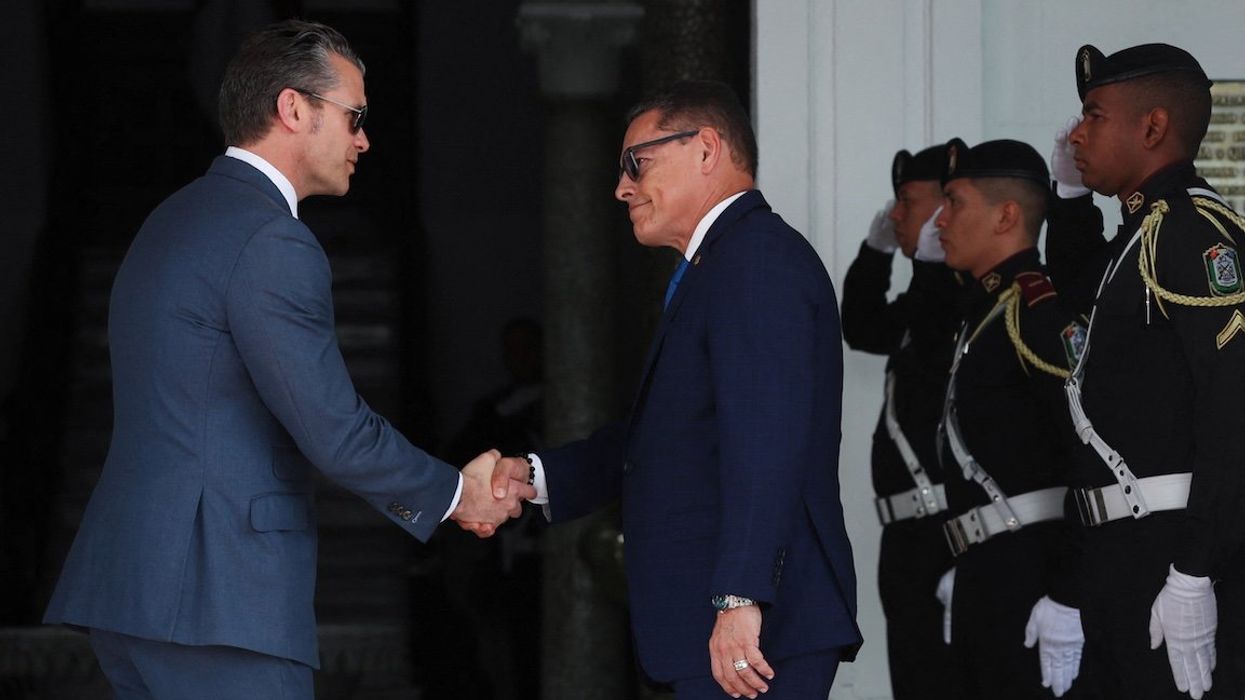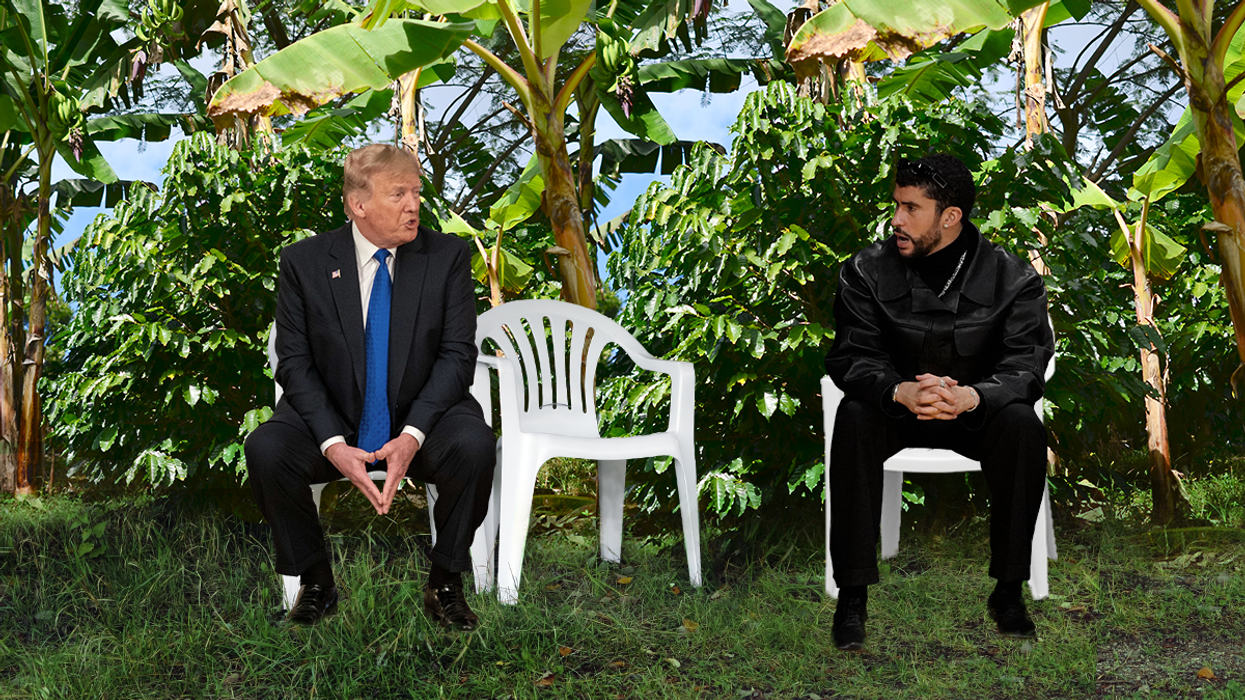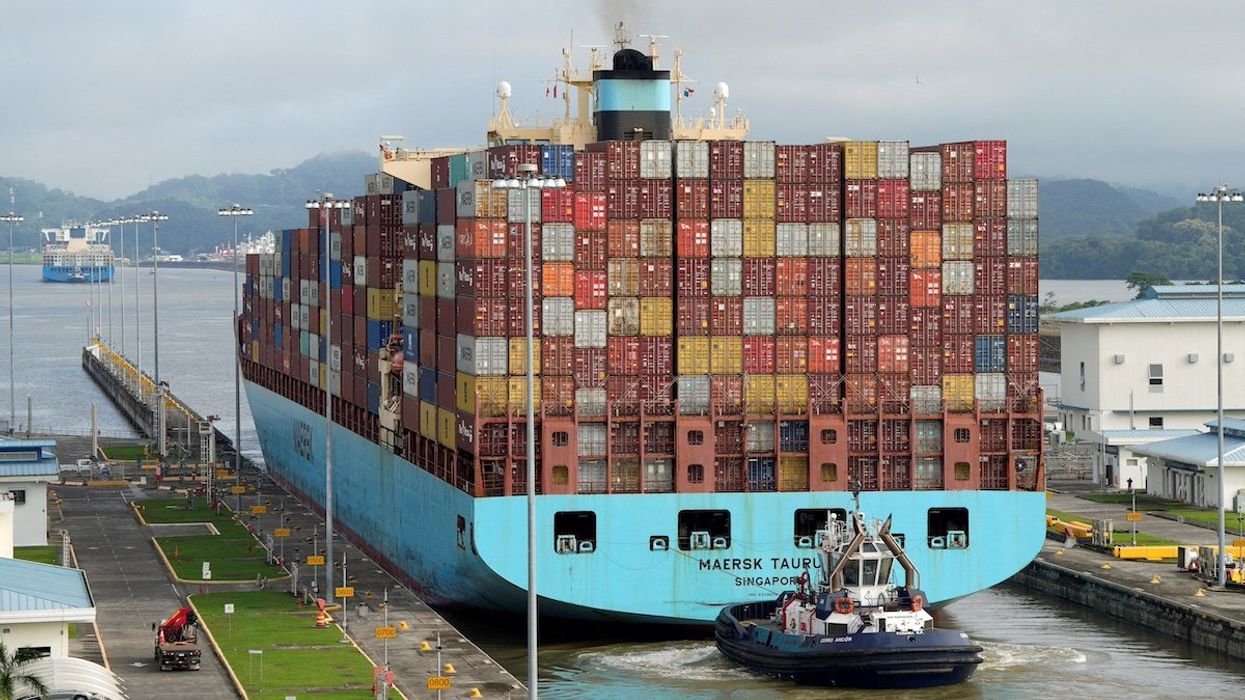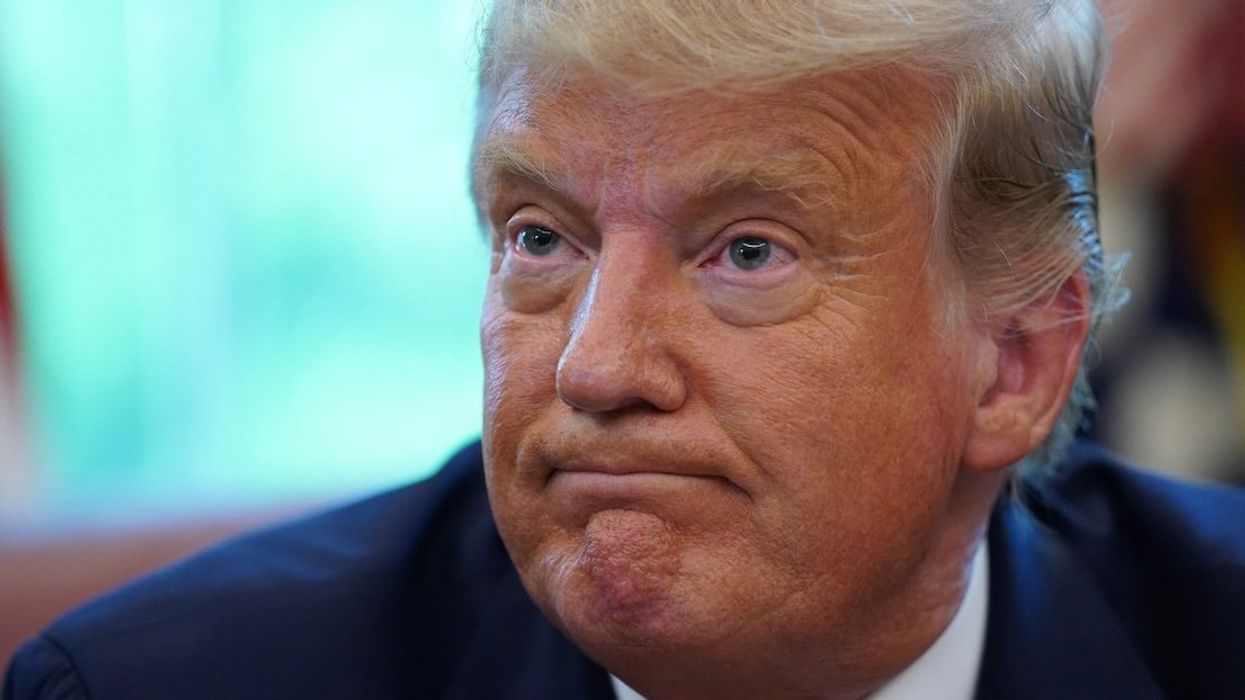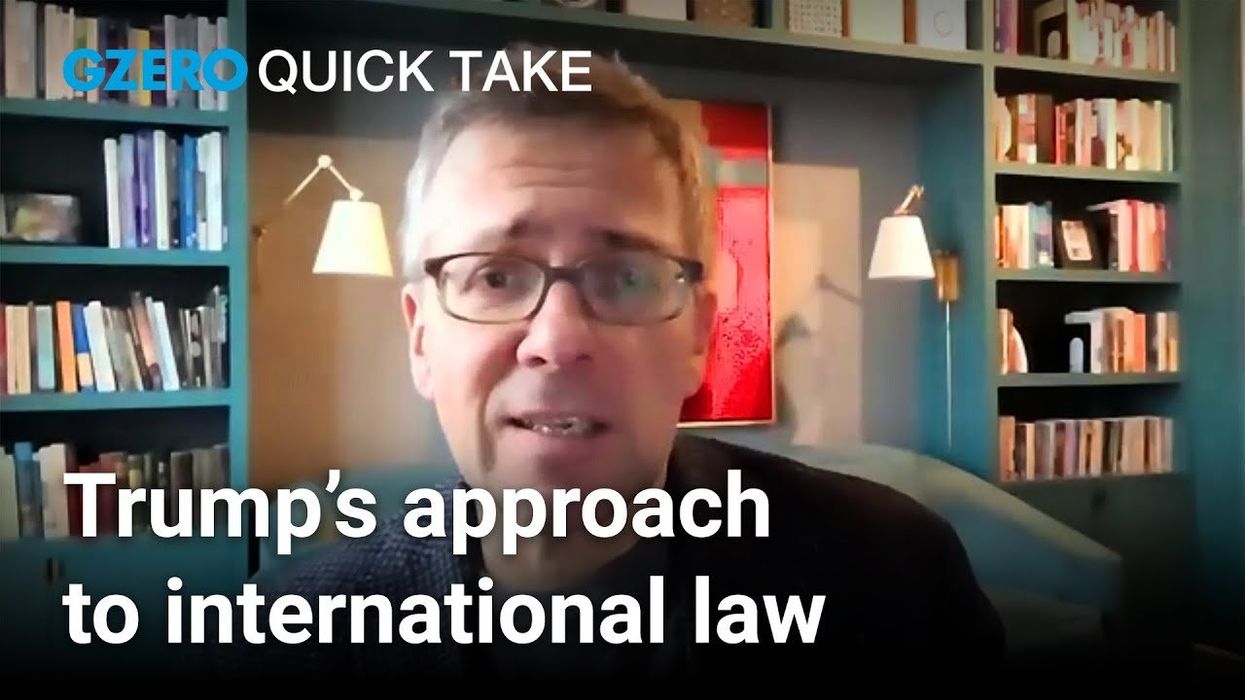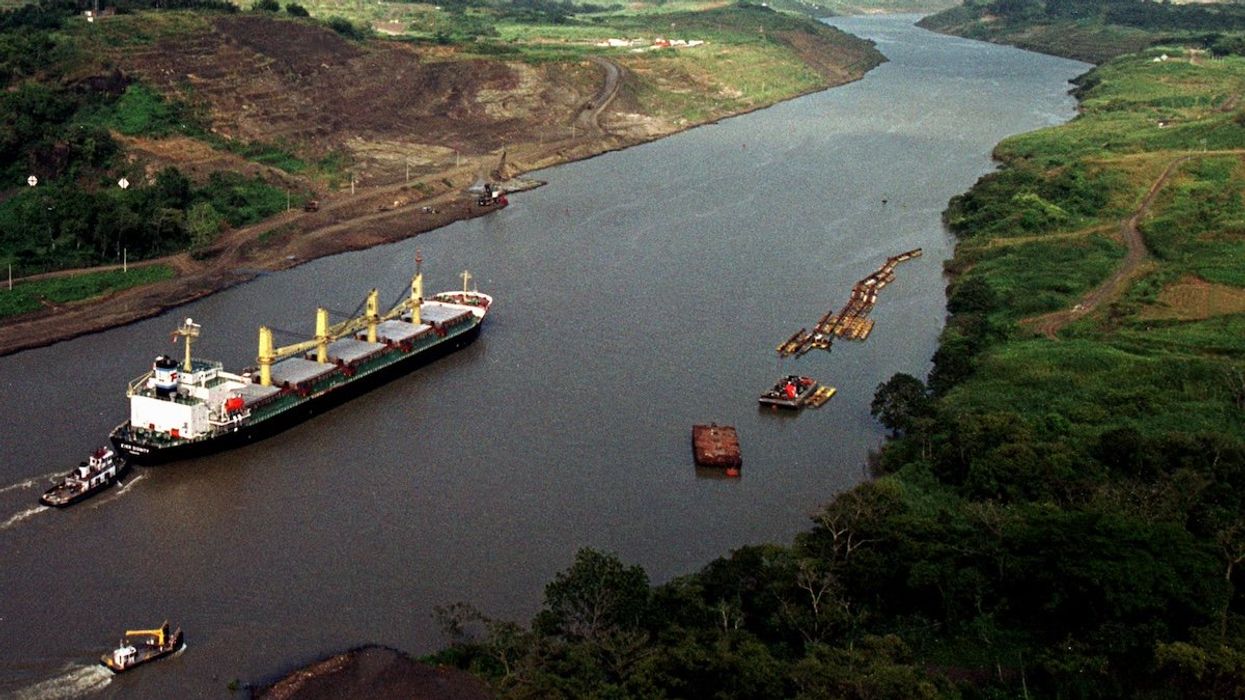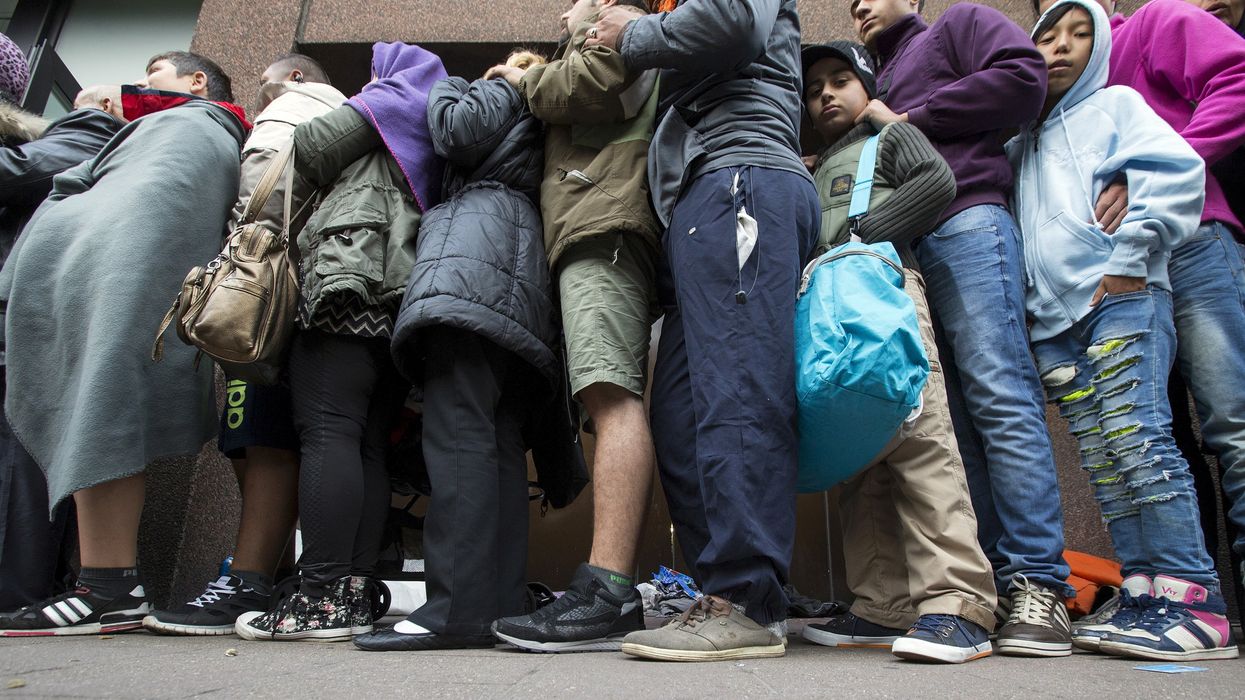What We're Watching
Trump administration doubles down on Panama Canal control
US Defense Secretary Pete Hegseth vowed on Tuesday to work with Panama to “take back the Panama Canal from China’s influence.” Hegseth, the first top US military official to visit Panama in decades, held security talks with the country’s president, José Raul Mulino.
Apr 08, 2025
